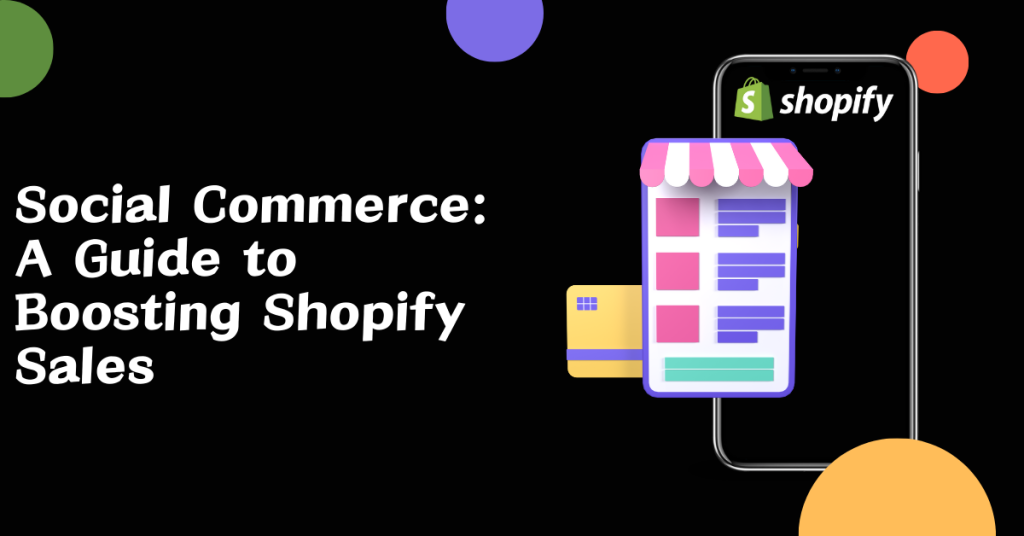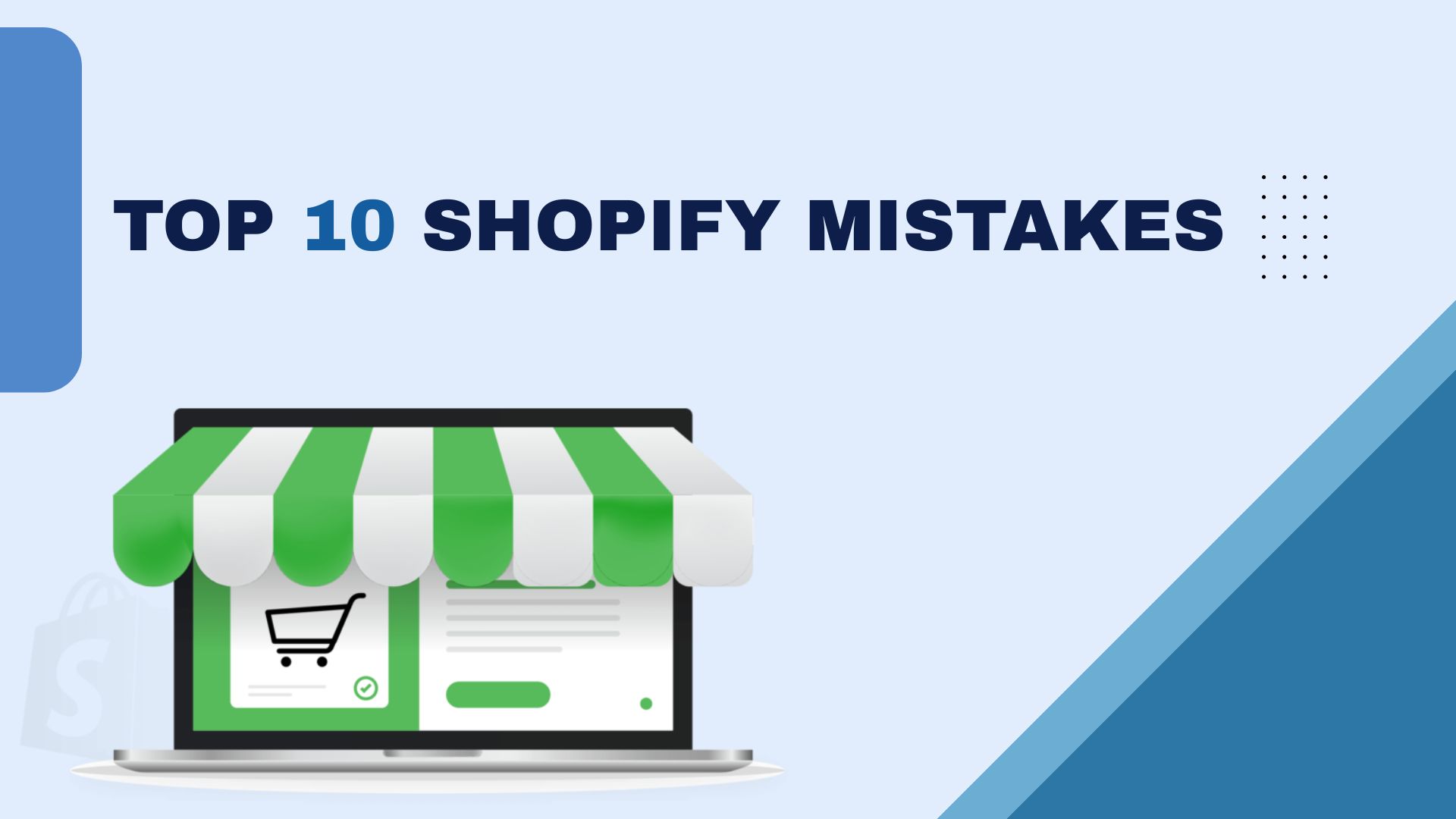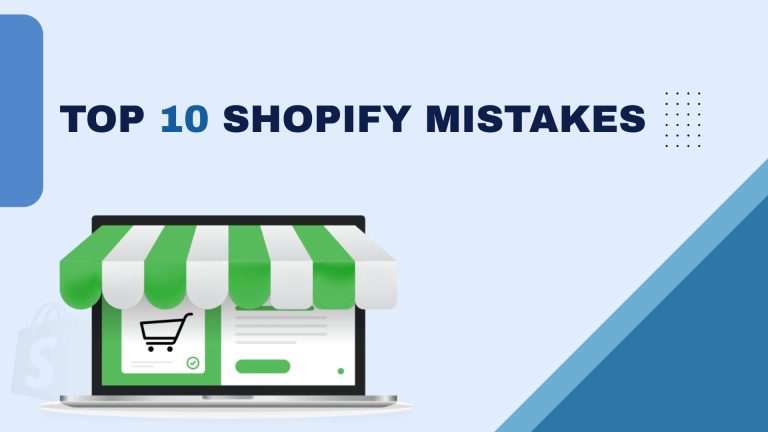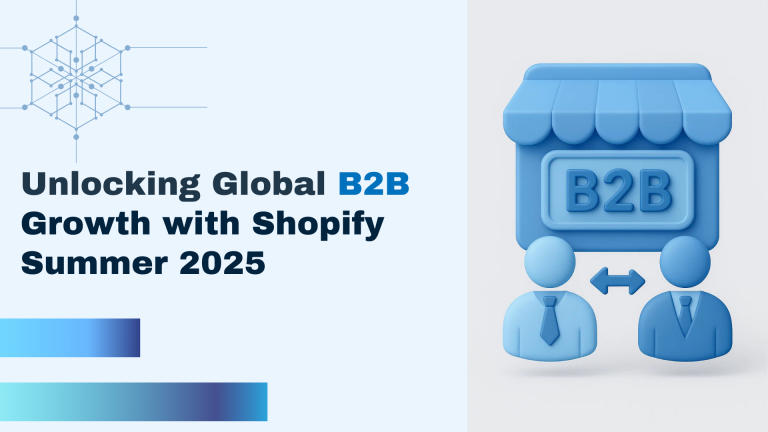What will you learn in this blog?
- What is Social Commerce?
- How do you use social commerce in the Shopify Store?
- Advantaged To use social commerce in Shopify
What is Social Commerce?
The direct purchase and sale of goods or services via social media platforms is known as social commerce. It entails extending social media’s conventional function in the process of discovery. Rather, users will be able to finish the entire purchasing process on the same site. This implies that users can swiftly move from discovery to purchase without ever leaving their favorite applications.
Retailers can now use specialized social commerce solutions from major social media networks. Platforms like Facebook, Instagram, Pinterest, and TikTok are included in this. With the help of these technologies, you can establish online stores directly on the platforms. In this manner, consumers may find and purchase goods using these storefronts instead of going to another website.
How do you use social commerce in the Shopify store?
1. Connect Shopify to Social Media Platforms
Shopify allows seamless integration with platforms like Instagram, Facebook, and TikTok.
Here are the steps on how to connect social media to Shopify.
Step 1: Log in to your Shopify store click on sales&channel search Facebook and Instagram and Click on the app
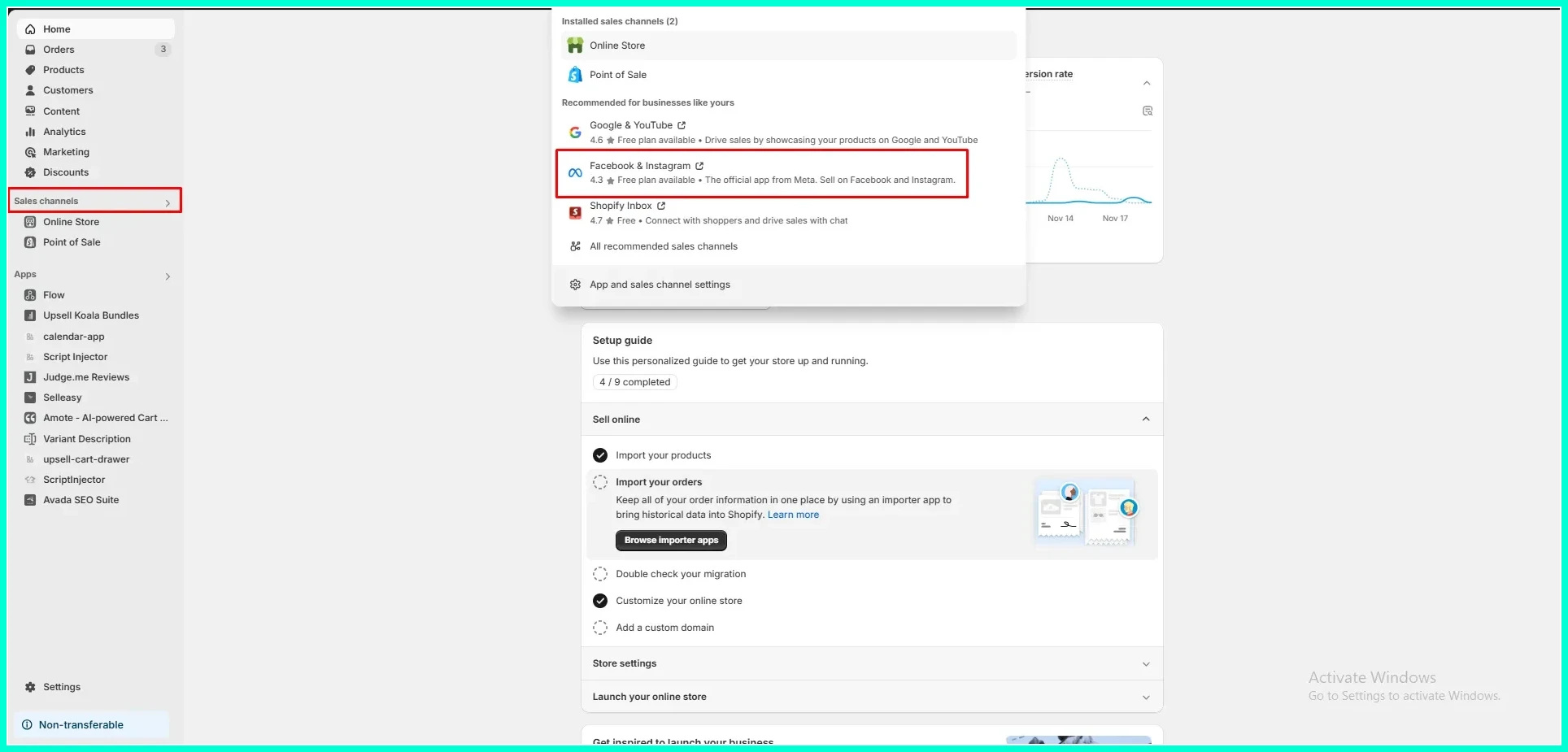
Step 2: Install The App in your Store

Step 3: Connect Your Facebook Account

Step 4: Create a new business portfolio
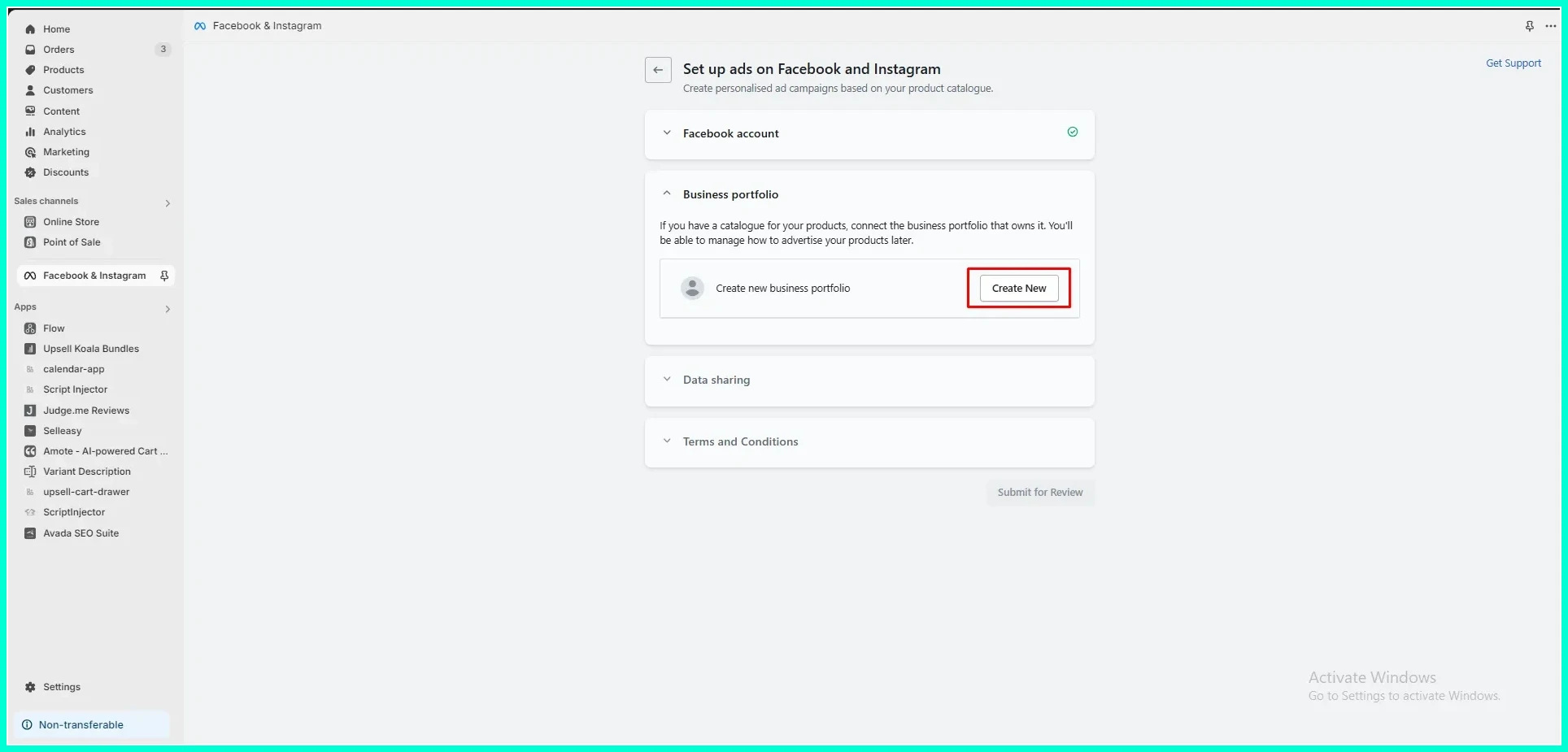
Step 5: Select the data sharing and choose the preference and create and connect the meta pixel and click on the confirm button.
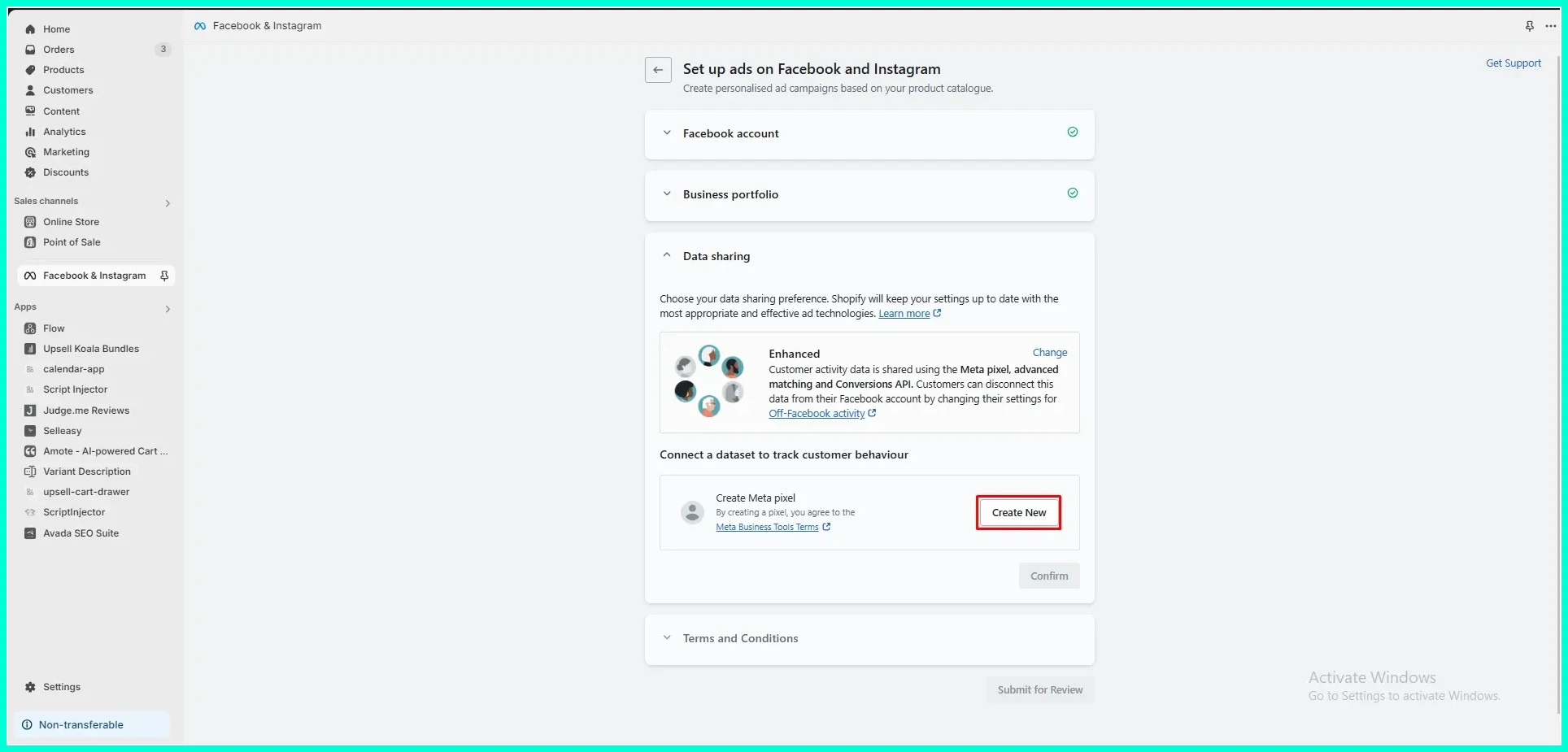
Step 6: Agree to the terms and conditions and submit for review.
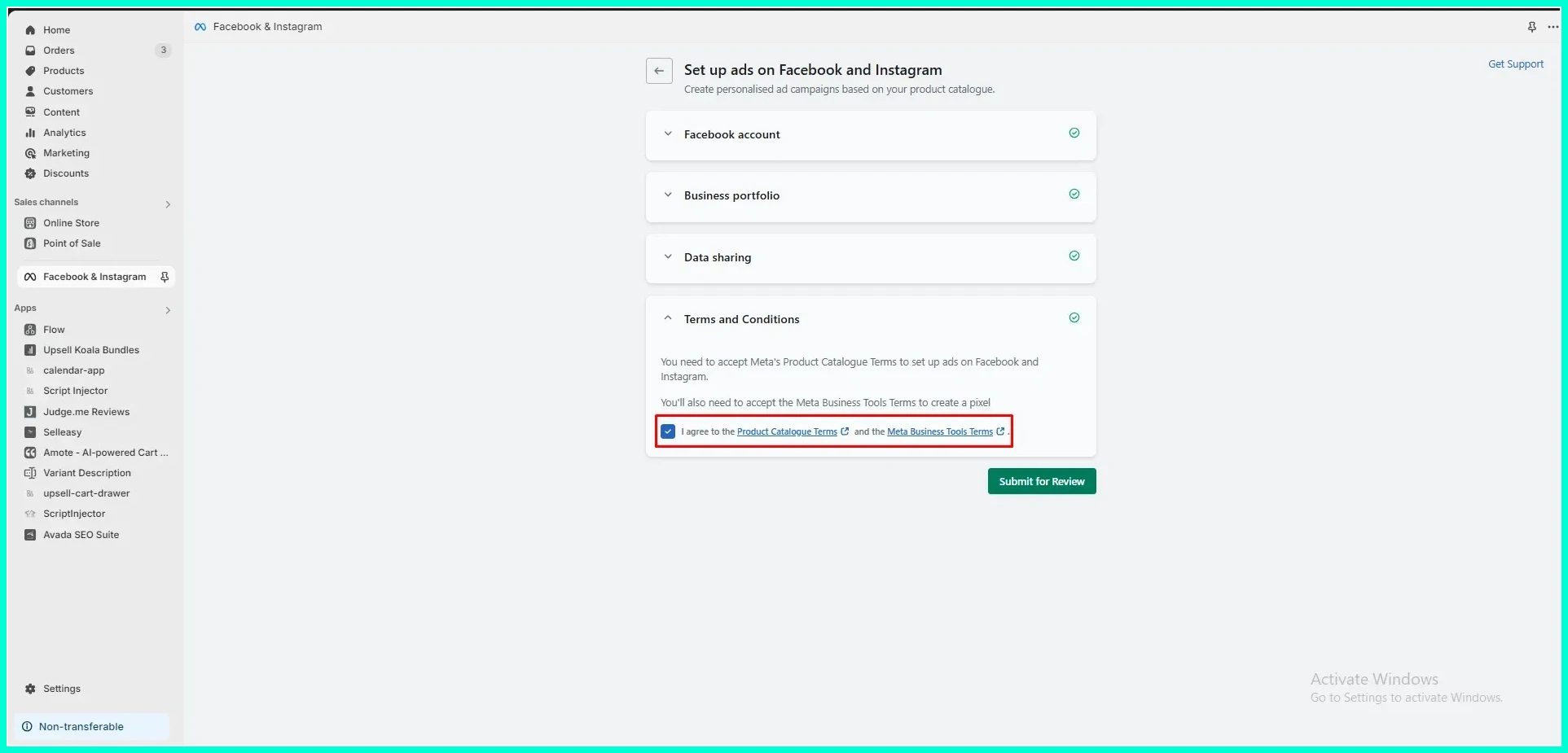
Step 7: Publish your products on Facebook and Instagram sales channel
Advantage To use social commerce in Shopify
1. Convenience and Ease of Use
- Seamless Shopping Experience: Customers can browse, compare, and purchase products directly within their favorite social media platforms without needing to switch to different websites or apps.
- Integrated Payment Options: Many social commerce platforms offer integrated payment gateways, making the checkout process quick and secure.
2. Personalized Recommendations
- Algorithm-Driven Suggestions: Social commerce leverages user data to provide personalized product recommendations, helping customers discover items that align with their preferences and interests.
- Influencer Endorsements: Customers can see products recommended by influencers they follow, adding a level of trust and personalization to their shopping decisions.
3. Enhanced Customer Engagement
- Interactive Content: Social commerce often includes interactive elements like polls, quizzes, and live streams, making the shopping experience more engaging and entertaining.
- Direct Communication: Customers can easily interact with brands through comments, messages, and live chats, allowing for quick answers to questions and better customer service.
4. Social Proof and Reviews
- User-Generated Content: Seeing other customers’ reviews, ratings, and unboxing videos helps potential buyers make informed decisions based on real user experiences.
- Community Building: Customers feel part of a community when they can share their own reviews and see others’ feedback, fostering a sense of belonging and trust.
5. Exclusive Offers and Discounts
- Special Promotions: Brands often run exclusive sales, discounts, and giveaways on their social media channels, providing followers with unique opportunities to save.
- Limited-Time Offers: Flash sales and time-sensitive deals encourage quick purchasing decisions, benefiting customers with attractive prices.
6. Trust and Authenticity
- Peer Recommendations: Seeing friends and family endorse products adds an extra layer of trust and authenticity to the purchasing decision.
- Influencer Credibility: Influencers and brand ambassadors often share their genuine experiences with products, which can be more persuasive than traditional advertising.
7. Real-Time Updates and Trends
- Stay Updated: Customers can stay up-to-date with the latest trends, product launches, and brand news directly from their social feeds.
- Trend Participation: Social commerce allows customers to participate in trends by purchasing and showcasing trendy products, enhancing their social presence.

